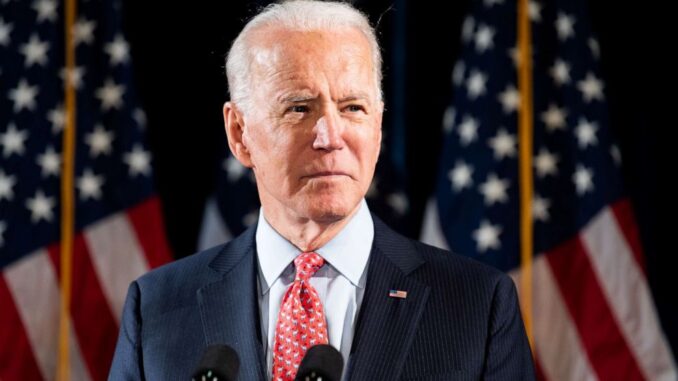
Julia Bartie ’20
In a year that seemed destined to be dominated by news coverage of the presidential election, the national news landscape has surely veered off course.
In early March, just as the reported cases of Covid-19 first began to climb, top Democratic presidential hopefuls including Senator Amy Klobuchar, Mayor Pete Buttigieg, Michael Bloomberg, Tom Steyer, and Senator Elizabeth Warren announced their withdrawals from the 2020 race. With the field winnowed from two dozen to two, the Democratic primary condensed into a binary choice between a self-avowed democratic-socialist and a moderate establishment Democrat.
As coronavirus cases in the United States soared, and traditional campaigning was made impossible by social distancing measures, the state of primary elections became uncertain. In states hardest hit by the virus, including New York and New Jersey, primaries were postponed to ensure the safety of voters. In states like Wisconsin, on the other hand, attempts to delay the state’s primary by an executive order were met with reproach by the state’s Republican-majority Supreme Court and legislature. Democratic Governor Tony Evers had attempted to delay his state’s primaries in fear of placing Wisconsinites in the moral quandary of choosing between exercising their Constitutional right to vote or staying home to protect themselves from infection. Evers’ measure was occluded by the state Supreme Court and the polls were open for voting on April 7th. Amidst the lowest voter turnout in recent history with only 31 percent of eligible voters in the state casting a ballot, Joe Biden was declared the victor.
On April 8, the day after the Wisconsin primary, Senator Sanders suspended his campaign, acknowledging that his “path toward victory is virtually impossible,” and effectively making Biden the Democratic party’s presumptive nominee. Sanders also announced that he was remaining on the ballot in the remaining primaries, to collect as many national convention delegates as he can so he can significantly influence the Democratic Party’s platform. Whether or not an in-person convention will be held remains to be seen; Democratic National Committee chairman Tom Perez postponed the event from July to August due to the outbreak.
Despite the ravaging virus and its ensuing devastating economic stupor, the 2020 presidential election looms nearer. Both candidates for president, who have made rallies and face-to-face interactions with voters characteristic of their brands, have had to adapt to a wholly digital campaign. President Trump has often used his well-watched White House coronavirus briefings to promulgate his policy agenda for 2020, while Joe Biden has been consigned to hold rallies from his basement. However, even with the state of traditional campaigning, conventions, and voting unsettled, there is one thing that is certain: whoever wins in November will spend his term in office nursing the economy and public health of a country ravaged by this monstrous virus.